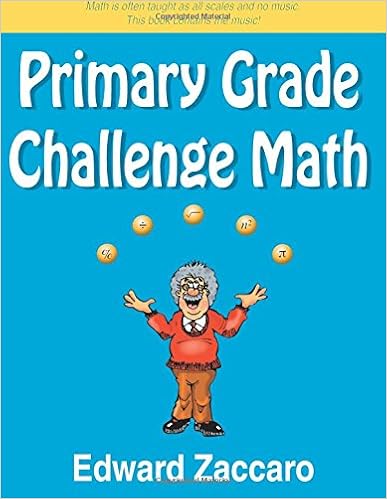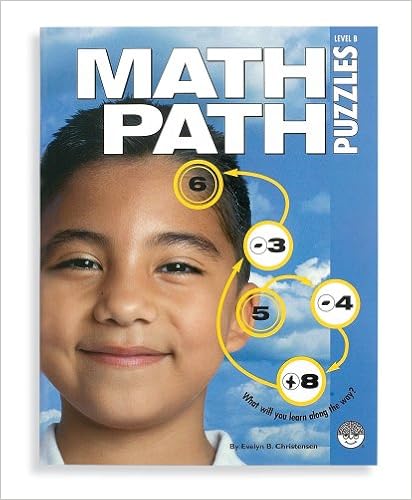Meet Justin....
When he was going into 3rd grade the teacher commented, "I am nervous to have Justin in class next year. He is so smart and what do I do when he asks me something I don't know?"
I remember being a bit taken aback. Don't remember my exact response. What I didn't realize at the time was how many teachers feel that exact way. Academically advanced students make them nervous. My hope is that this post will give you strategies to strengthen your resolve to teaching this students with the same vigor we give those who struggle.

As a society, we buy into the myth that students who are academically gifted don't need additional help because they are beyond proficient. They pick up the content as presented usually quickly or on thier own. So, we are not worried about them.
Did you know that they are the #1 subgroup that are underperforming?? Why don't we consider this as an issue? ANSWER: When these students underperform they are still proficient in most cases. If you asked the child above if school was difficult he will say, "No." If you asked him if he learned how to learn, he'd say, "No." What is our job? To make sure all are proficient or teach students how to learn, so when we are not there to feed it to them they can still learn.
LETS GET TO TEACHING ALL STUDENTS TO NOT UNDERPERFORM!!

First off, realize whether or not your para or other support staff who teach guided reading have the questioning and out of the box thinking needed to truly push your highest students. If they can...GO FOR IT, give them the group. If not, give them the on level group. Following the questions provided will be perfectly fine for this group. Your high or beyond group needs your expert question skills and ability to take what is stated by students to dig deeper, to think.

When they are done, what do you have them do? More? Is the more better, deeper or just more of the same? Below are some books that I have found to be very useful in creating depth of knowledge. I have the students work through a section as a small group or as partners. They need your guidance as you check in regularly. I also find ways to engage them in book clubs so that they are reading for the pure love of reading and discussing. Some items below may challenge some of their thinking. These are a sampling of what could work. Basically, take time to find something that works for your students.
Math:





Reading:

I don't like to give them just MORE paper to do. So, I mix the above with games.
* Dice games - see my post on Dot Cube Games for ideas.
* You can look for games on your favorite website then check a couple grade levels above.
* There are many books and resources for reading games.

*You can also use any game board and task cards. This is nice because if they know the game rules already it takes less time to get started. All you have done is changed the questions to level appropriate.

*Hands-On Equations is a set of manipulatives that keep students engaged as they experience algebra in a physical manner. This is simply deepening their knowledge of algebra.
*The other "game" I find easy to differentiate and stretch the students who need a challenge is what I call "Treasure Hunt." Instead of playing "Scoot" with cards where everyone is using the same cards and given a set time limit, students wonder the room looking for the numbers or color that they have on thier page. This way, I can increase the difficulty for those who need it.
The following are various YouTube videos you may find interesting.
Listen to what the kids are saying:
Behavioral side:
6 tips for classroom teachers:
6 tips for classroom teachers:
One of my all time favorites...It demonstrates just how varied students are.
Another classroom teachers thoughts:
Kim






